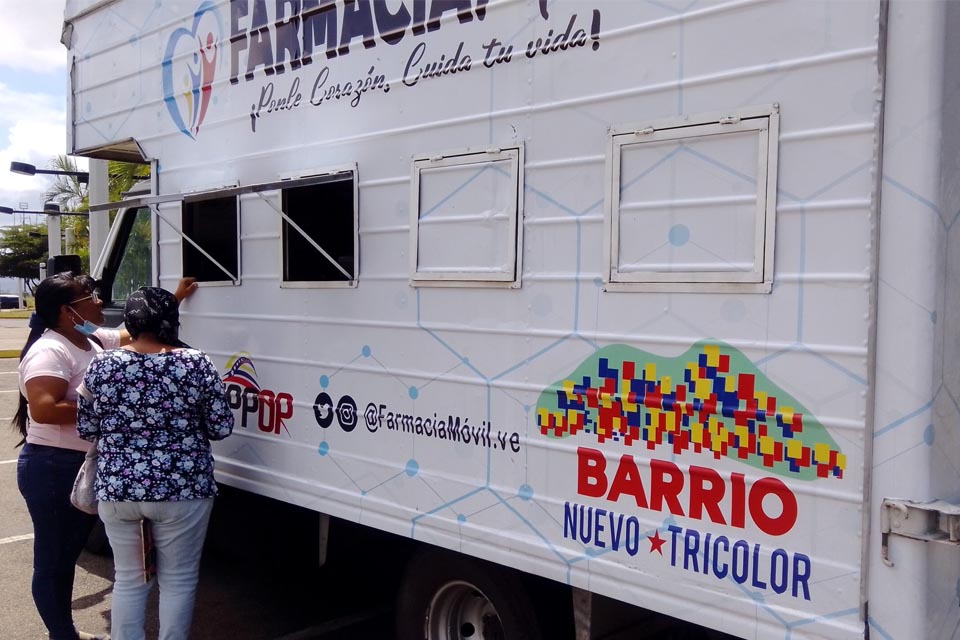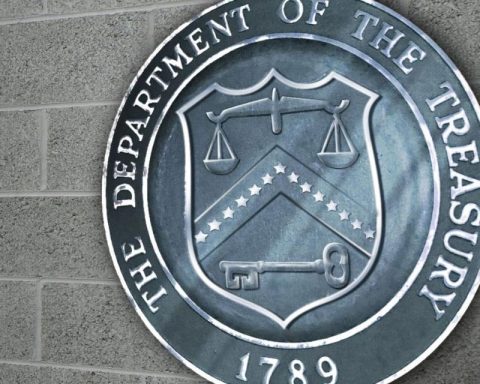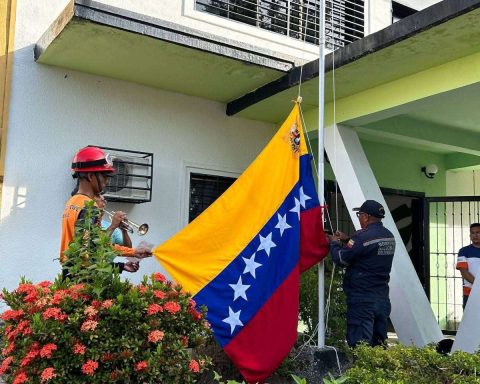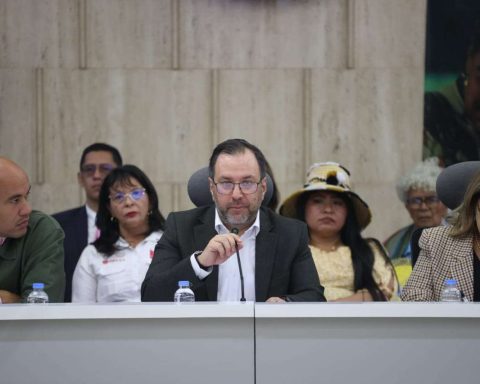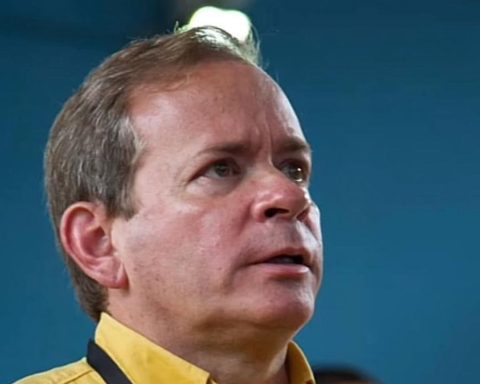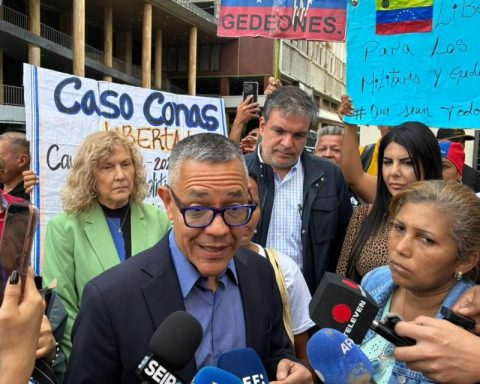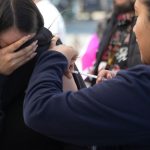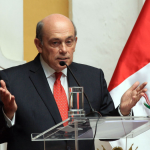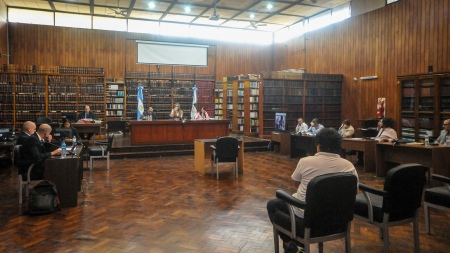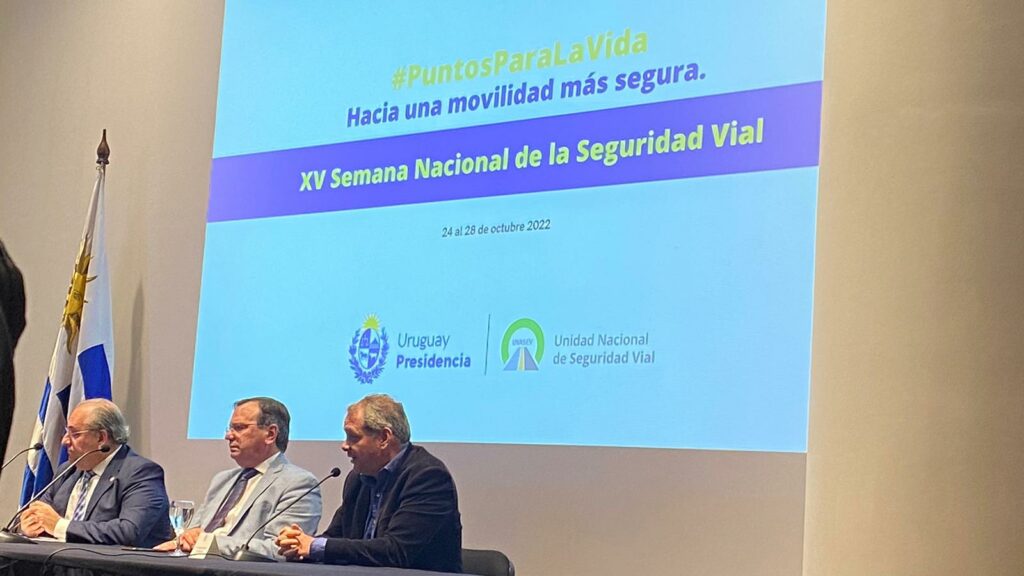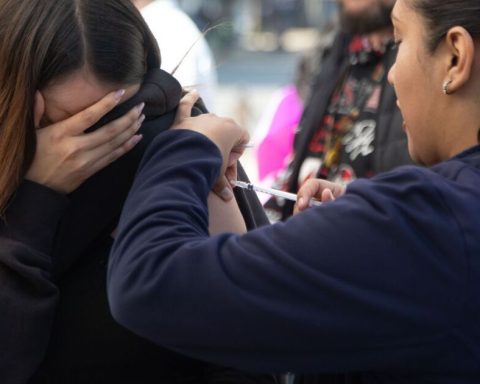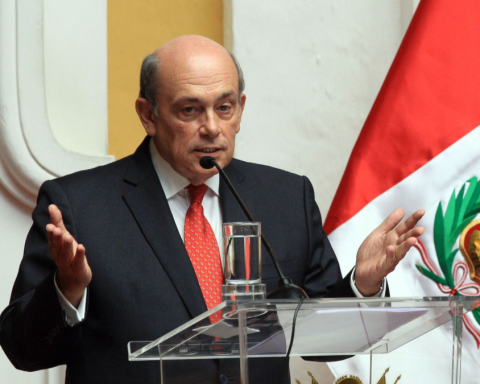The drug regulation system in the country is not only insufficient, but also outdated, and the legal framework is ambiguous, which hinders its effectiveness, warn specialists. Several unions and federations began the ‘Venezuelan Days of the right to access to affordable, safe and quality medicines’, with which they demand from the State guarantees of access to safe drugs
Laura Clisanchez | Mail of the Caroni
Since the beginning of October, different scientific, medical and pharmaceutical organizations have warned that the risk of unsafe, ineffective and low-quality medicines entering the internal market of Venezuela with the authorization of the national Executive has increased.
Organizations such as the Venezuelan Pharmaceutical Federation (Fefarven) also have reported that the entry of contraband medicines that do not comply with the necessary controls for their commercialization -and therefore could be counterfeit and adulterated-, is increasingly frequent.
As a consequence, the population is exposed to drugs that, in addition to not fulfilling their therapeutic function, can cause damage to health and even death.
The medical and scientific unions point out that drug regulatory efforts are minimal and that the legal framework is inconsistent, which fosters this public health problem. That is why they have launched a campaign called ‘Venezuelan Conference on the Right to Access to Affordable, Safe and Quality Medications’, with which they demand from the State guarantees of access to safe drugs.
No reliable regulatory systems
For Carlos Walter, doctor and doctor in Public Health Policies, Venezuela has never had a single national regulatory system of regional reference that evaluates the safety, quality and efficacy of medicines, although it has had institutions that perform regulatory functions.
This is how he explained it during his participation in the conversation ‘Quality of medicines available in Venezuela’, organized and broadcast by the Social Work of the Central University of Venezuela, on October 21.
Walter pointed out that, in recent years, the national government has made decisions that violate the existing legal system in the country regarding the regulation of drugs. He did it, for example, when through the Autonomous Health Comptroller Service, instead of the Rafael Rangel National Institute of Hygiene, he granted health permits to import and market medicines with a maximum research and evaluation limit of five days.
As reflected in Resolution 075 issued in April 2019, signed by the then Minister of Health, Carlos Alvarado. “How can an evaluation be done in such a short time? They are practically express permits”, denounced the doctor.
*Also read: Maduro announces the creation of a cancer center and pharmacy for women
The national government also launched a unified pharmaceutical care system that uses vehicles to market and sell medicines at low cost on an itinerant basis in cities and states of the country. The project –in charge of the Ministry of Commerce and Armed Forces instead of the Ministry of Health– does not guarantee that neither the medicines nor the conditions of their storage are safe, affirms the specialist.
“We cannot oppose the sale of medicines at a lower price, but that is not enough, we need them to be harmless and effective,” he said.
This happens because the Executive attributes the shortage of medicines in Venezuela to the sanctions imposed by the United States. “We know the problem exists long before that. The transnational drug companies left the country because the government did not pay the debts it owed to those companies, there was no other reason,” he stated.
So medicines from countries politically allied to the regime of Nicolás Maduro -such as Iran and India- flood the internal market of Venezuela.
Walter assures that the drug regulation system in the country is not only insufficient, but also outdated, and the legal framework is ambiguous, which makes it difficult to be effective. In some cases, it is regulated by the Rafael Rangel National Institute of Hygiene, in others, by the Autonomous Service of Sanitary Comptrollership, and in others, by the Review Board of Pharmaceutical Products.
In search of the cheapest medicine
The disintegration of the purchasing power of Venezuelans as a result of an inflationary economy as a result of erroneous economic policies, makes the population look for the cheapest possible medicine, and that makes it vulnerable to acquiring low-quality or unsafe medicines.
“This is a very serious problem, which has been going on for a long time but has been made invisible. What we need is to carry out a national campaign in defense of safe, affordable and quality medicines”, stated Carlos Walter.
He also emphasized that the network of scientific and medical societies must review the problem and put solutions on the table for dialogue, stimulating the search for actions that pave the way for respect for the population’s right to health. “If all the actors unite in the same direction, we can contribute to safer and more affordable medicines.”
Post Views:
92
